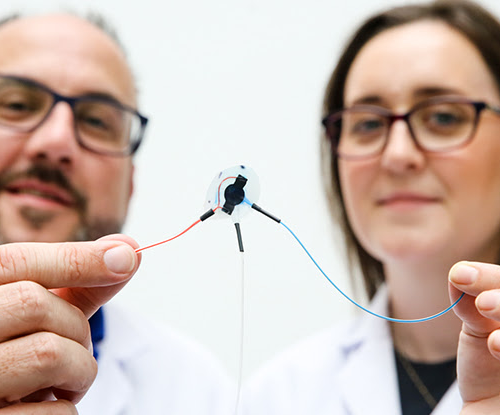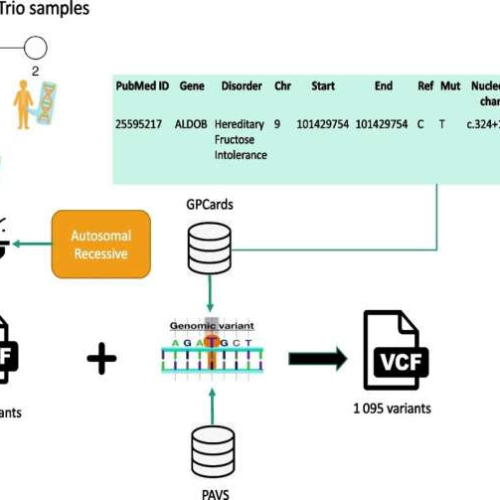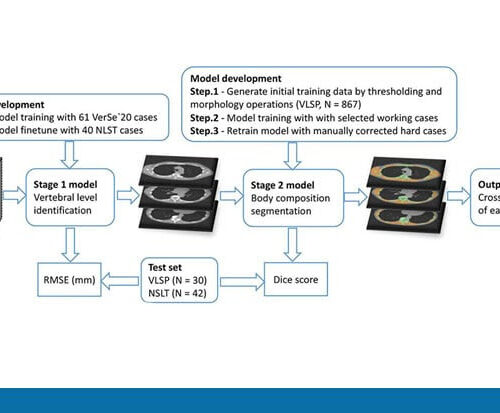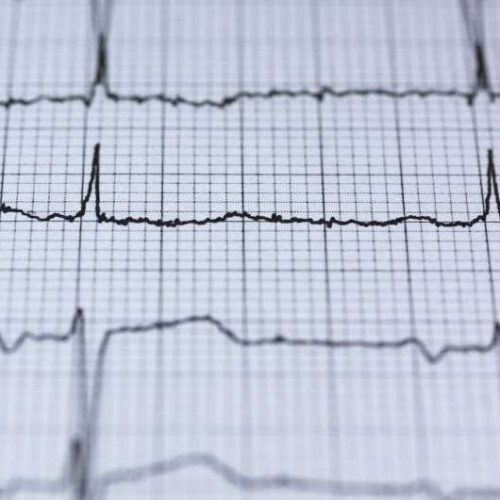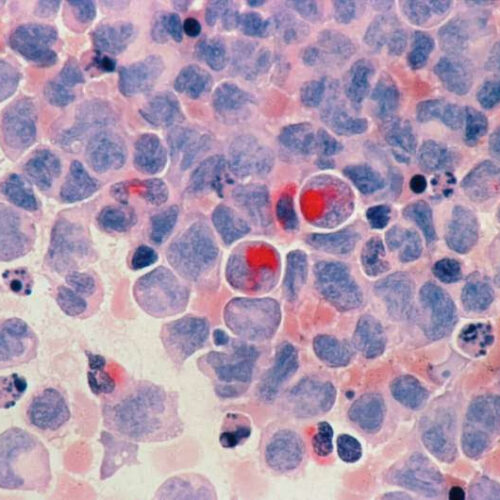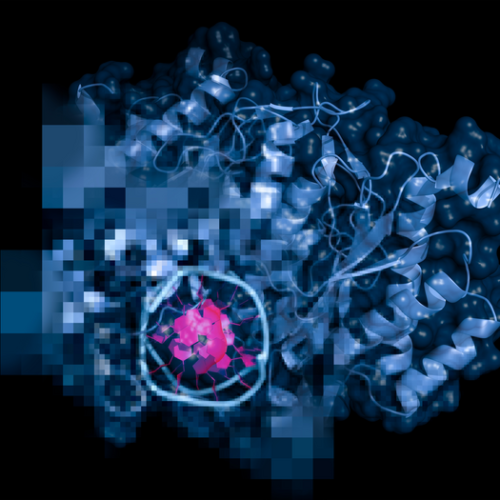by American Society for Microbiology Credit: Unsplash/CC0 Public Domain Gonorrhea, a sexually transmitted bacterial infection that affects more than 80 million people worldwide every year, has become resistant to almost all known antibiotics. That makes it notoriously difficult to treat, but left untreated, an infection could lead to serious or even fatal complications. It also increases...
Tag: <span>AI</span>
Soft Implant Uses AI to Deliver Drugs Despite Fibrous Encapsulation
OCTOBER 11TH, 2023 CONN HASTINGS Scientists at the University of Galway in Ireland and MIT have collaborated to create a soft robotic implant that can work to fight fibrotic encapsulation and deliver drugs despite the presence of fibrous scar tissue. The device, which the researchers have termed the FibroSensing Dynamic Soft Reservoir (FSDSR), is designed to...
AI is coming to mental health care in the U.S., aiming to stretch therapists’ work and make it more effective
“It just feels like I’m talking to somebody who cares.” LIMBIC CEO ROSS HARPER ON THE COMPANY’S THERAPY CHATBOT AI is coming to mental health care in the U.S., aiming to stretch therapists’ work and make it more effective. Psychotherapy company Limbic, which already works with the U.K.’s National Health Service, is bringing its AI...
AI-based tool leverages diverse data sources for a new approach to rare disease diagnosis
by King Abdullah University of Science and Technology Synthetic patients are generated by using the NIST-Ashkenazi Trio samples, filtered based on the autosomal recessive mode of inheritance and MAF values. We add the reported disease-associated variants either from GPCards (a public database covering manually curated genotype-phenotype associations) or PAVS (a database that covering clinically validated pathogenic...
The ‘model-eat-model world’ of clinical AI: How predictive power becomes a pitfall
By Katie Palmer Oct. 10, 2023 ADOBEA growing number of AI tools are being used to predict everything from sepsis to strokes, with the hope of accelerating the delivery of life-saving care. But over time, new research suggests, these predictive models can become a victim of their own success — sending their performance into a...
What AI Can See in CT Scans That Humans Can’t
F. Perry Wilson, MD, MSCE July 25, 2023 Welcome to Impact Factor, your weekly dose of commentary on a new medical study. I’m Dr F. Perry Wilson of the Yale School of Medicine. If a picture is worth a thousand words, then a CT scan of the chest might as well be Atlas Shrugged. When you think of the sheer information...
AI-Generated Nanoparticles Prove Capable of Delivering Modern Medicines to Diseased Cells
Posted 2 days ago In collaboration with Astra Zeneca, new research from Cardiff University used artificial intelligence to create microscopic nanoparticles that can effectively transport medicines to target and treat diseased cells precisely. Pills, medications in hand – illustrative photo. Modern medications are increasingly associated with the use of treatment-delivering nanoparticles. Image credit: Kateryna Hliznitsova via...
New AI tool beats standard approaches for detecting heart attacks
by University of Pittsburgh A new machine learning model uses electrocardiogram (ECG) readings to diagnose and classify heart attacks faster and more accurately than current approaches, according to a study led by University of Pittsburgh researchers that is published in Nature Medicine. “When a patient comes into the hospital with chest pain, the first question we ask...
New leukemia treatment-response ‘crystal ball’ discovered using AI
by Federico Graciano, Duke-NUS Medical School Credit: Unsplash/CC0 Public Domain Scientists at Duke-NUS Medical School, A*STAR’s Genome Institute of Singapore (GIS), Singapore General Hospital (SGH) and their colleagues in Singapore have used artificial intelligence (AI) to accelerate the discovery of critical biomarkers that can predict, at diagnosis, patients with chronic myeloid leukemia (CML) who will not...
AI predicts the function of enzymes
HEINRICH-HEINE UNIVERSITY DUESSELDORF IMAGE: THE AI-BASED ESP MODEL DEVELOPED AT HHU CAN BE USED TO PREDICT WHICH SUBSTRATES CAN BE CONVERTED BY ENZYMES. CREDIT: HHU – PAUL SCHWADERER / STOCK.ADOBE.COM – PETARG Enzymes are the molecule factories in biological cells. However, which basic molecular building blocks they use to assemble target molecules is often unknown and difficult...


